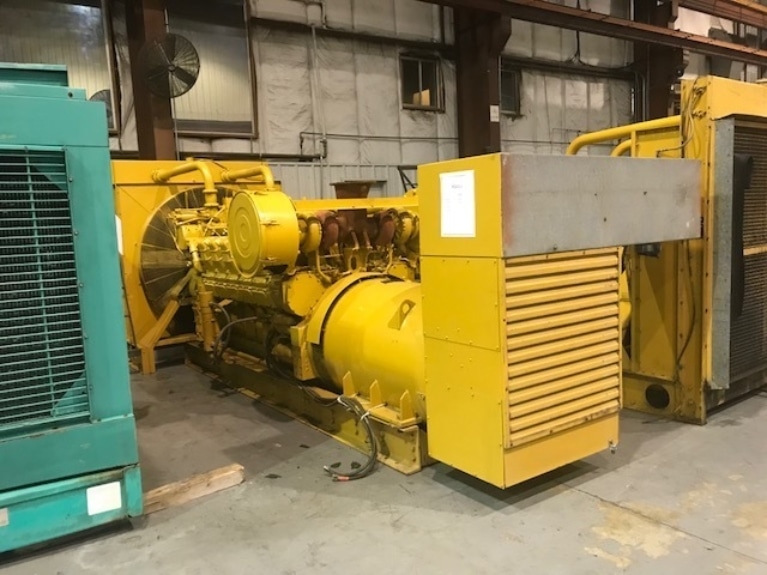A marine generator set is necessary for different applications. Floating laboratories, heavy-duty freighters and commercial fishing vessels are examples. Structures that operate off the grid need a reliable power supply. An industrial genset can be the primary or backup source of power. Whatever the case, you want assurances that the equipment functions optimally. A used generator set can give you the service you need. However, buying one can be tricky because you can’t be sure in what condition it is in. Given how significant of an investment this purchase is, you should know what to consider. Find out the most essential elements in this guide.
The Right Size
A critical aspect to prioritise when checking a used genset is how well it meets your power requirements. The options available, from single-phase to motor-starting, can make the selection process daunting. Start by identifying your power needs. Large-scale use calls for industrial equipment. Used marine generator sets range from 15 kW to 3 Megawatts. You should know the correct power rating for the intended application. A generator that provides continuous operation power isn’t the same one you would use for emergency standby power. So, know what the machine is powering and their running wattage. Consult an electrician to help calculate the exact power requirements. On the physical size, ensure the unit can fit in the engine room. You should have easy access to the equipment at all times.
Load Bank Testing
It would be a waste to spend good money on a marine generator, only for it to deteriorate over time. A load test checks the equipment’s efficiency. It tells you if a genset will accommodate the power demands over time. It determines a unit’s efficiency. A load bank unit is used to test the unit’s power output. Typically, varying loads are employed to see how the generator responds. Besides output, the test also checks for frequency. It ensures that the equipment doesn’t experience any power breakouts. Any decent dealer does load testing for used generators.
Age and Hours of Usage
You also want to know the history of a used generator set to learn its age and runtime. Generators have odometers that indicate how many hours they have on them. The best unit is one that doesn’t have too many hours on it. If you can find out how the machine was used, even better. A genset that served as a backup power source is likely to be in better condition than one that ran around the clock. Unfortunately, a dealer may not always have this information. In such instances, you have to rely on the supplier’s reputation and trust that you are getting a good unit.
Wear and Tear
The physical condition of a used genset determines its performance. Even when buying a second-hand unit, don’t sacrifice quality. Conduct a visual inspection before purchasing the equipment. Check its mechanical parts for wear. Ask if the supplier replaced the bearings and bushings because they must be for optimal performance. If any other components need replacing, learn about it beforehand.
If you are not a trained technician, then you should have one when buying a used marine generator set. Some of the boxes that you have to tick off require specialised knowledge. Take the time to examine a used generator before buying it and insist on dealing with reputable dealers.



